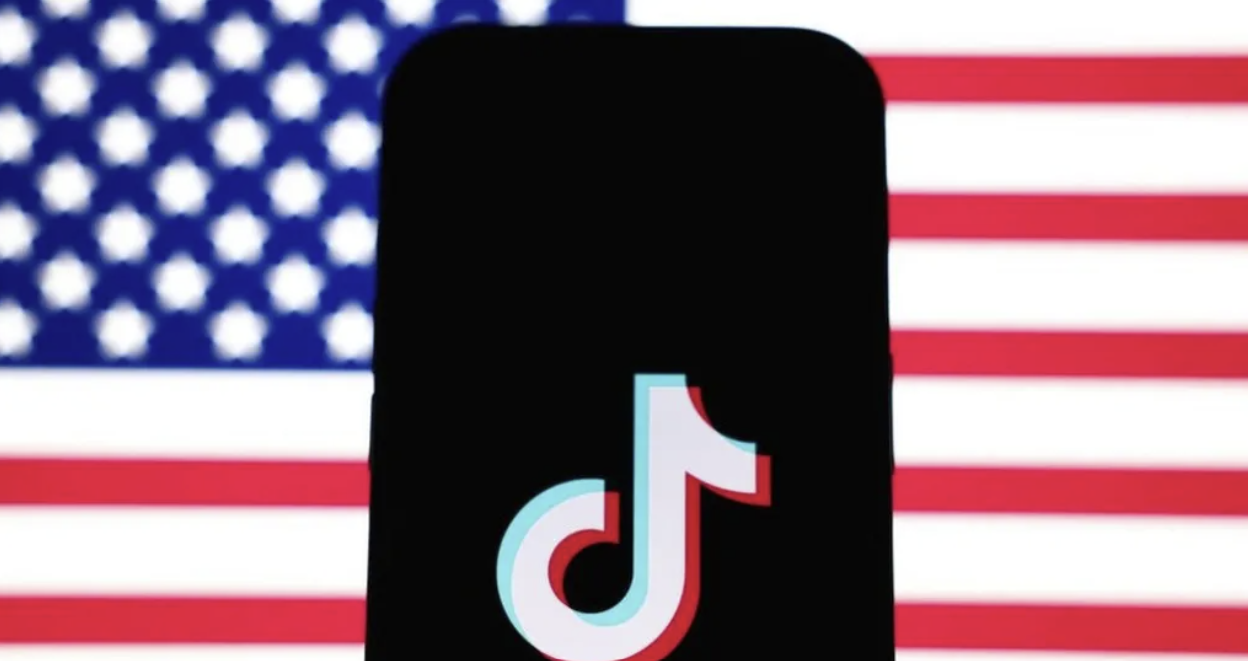Social media and visual discovery platform Pinterest disclosed a major global restructuring plan in early 2026 that will cut between 700 and 800 jobs, roughly 10–15% of its workforce, and shrink its physical office footprint, with most reductions expected to occur in the first half of the year.
In regulatory and internal communications, CEO Bill Ready framed the layoffs as necessary to ‘position the company for long-term success in an increasingly AI-driven world’, enabling the business to redirect funds and talent from legacy roles toward AI-focused teams and AI-powered products, including visual search, personalisation and ad technologies.
Pinterest’s workforce cuts are part of a wider industry trend where tech firms trim staff in traditional areas and bolster AI capabilities, reflecting pressure to improve efficiency, respond to slowing advertising growth and compete with rivals leveraging generative and recommendation technologies.
Would you like to learn more about AI, tech and digital diplomacy? If so, ask our Diplo chatbot!









